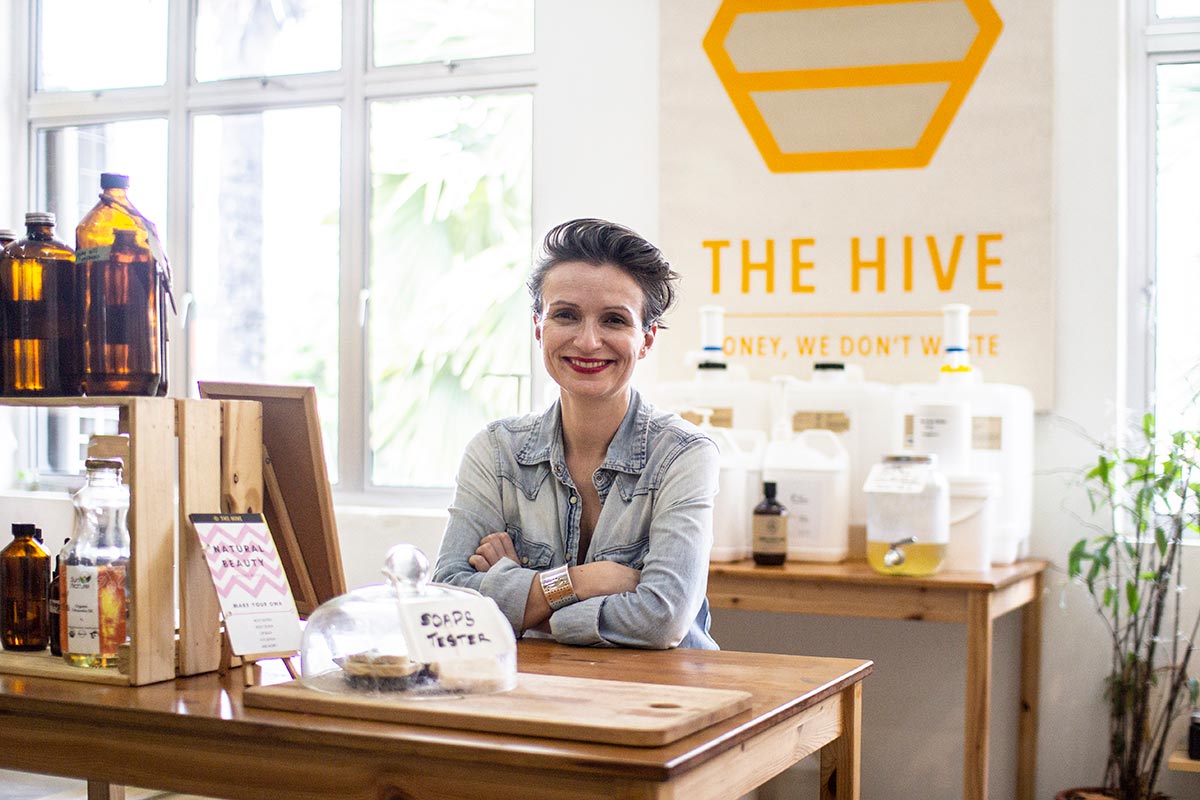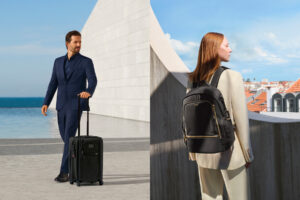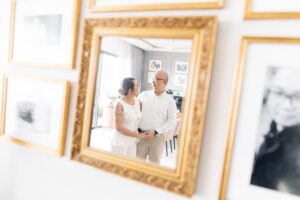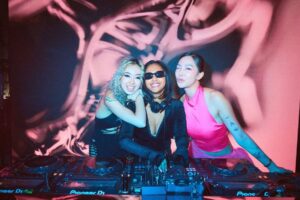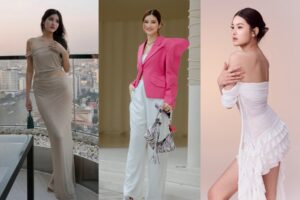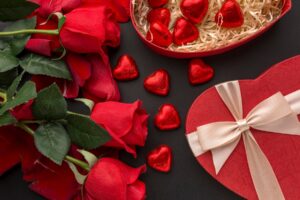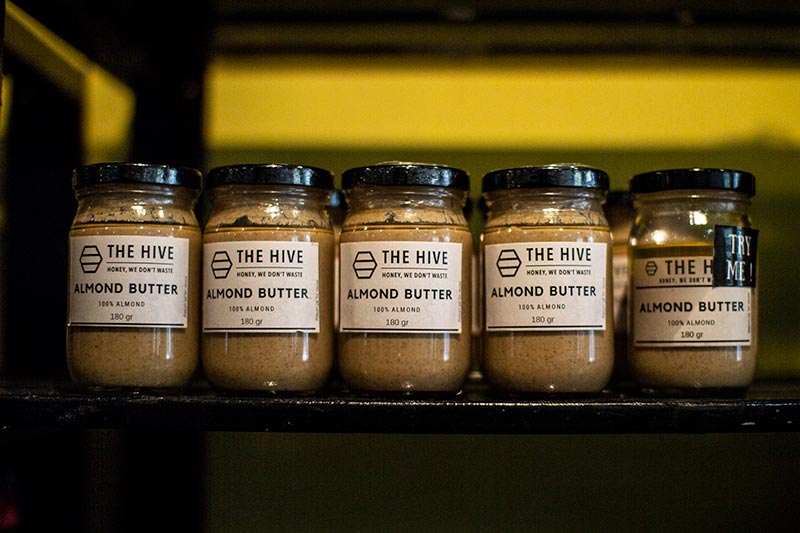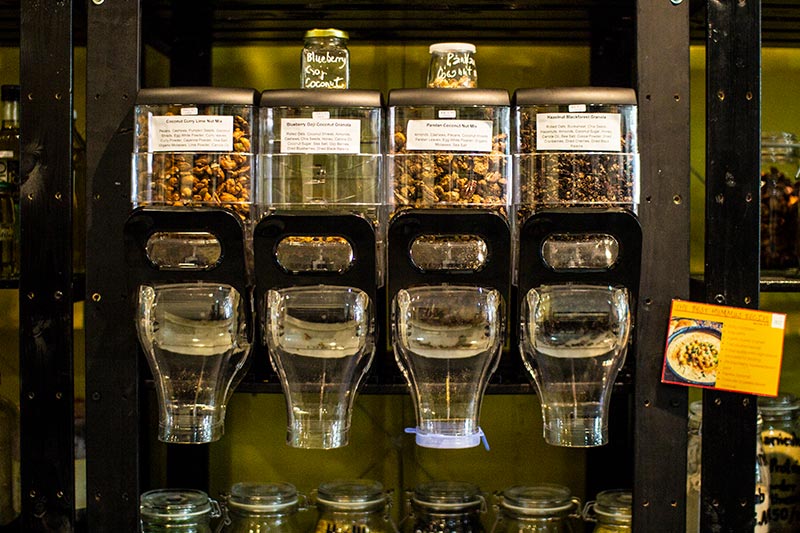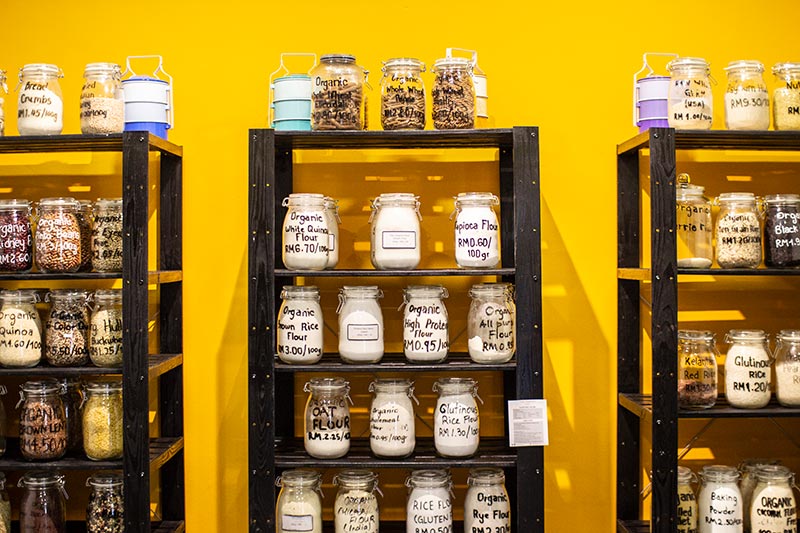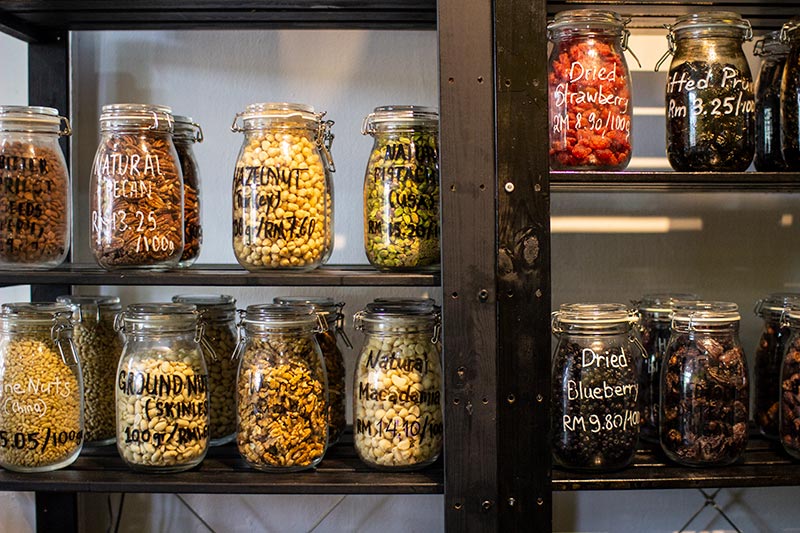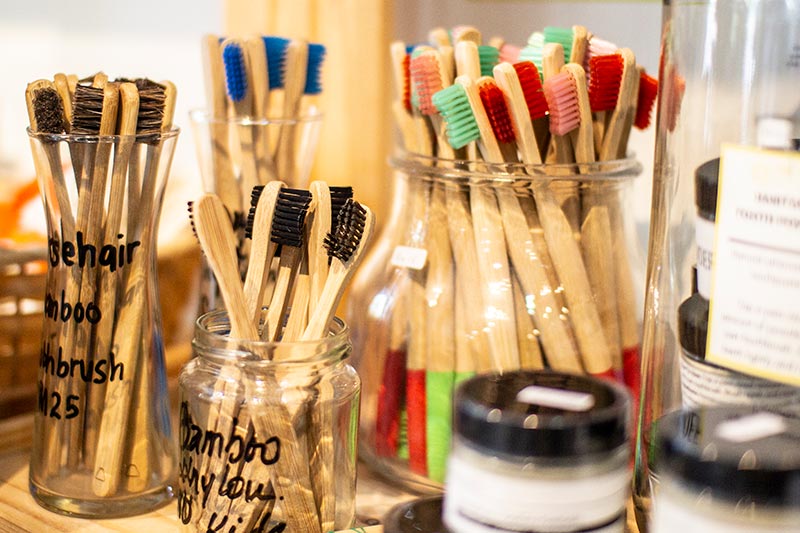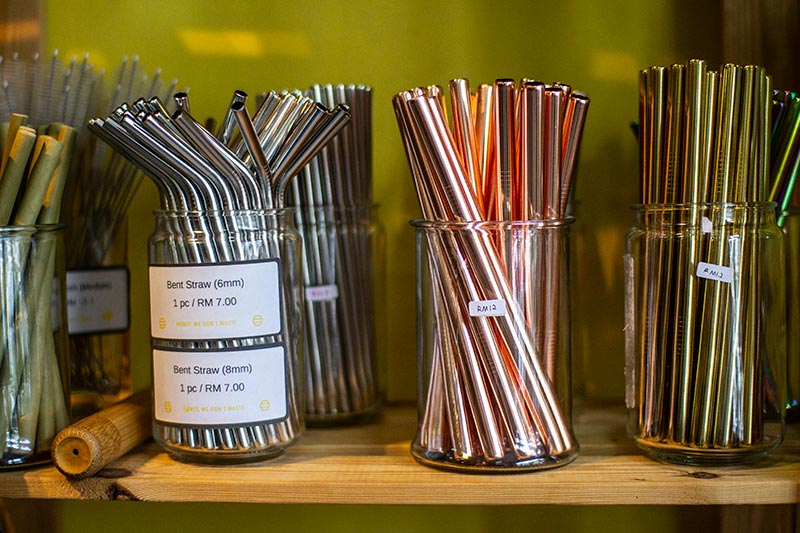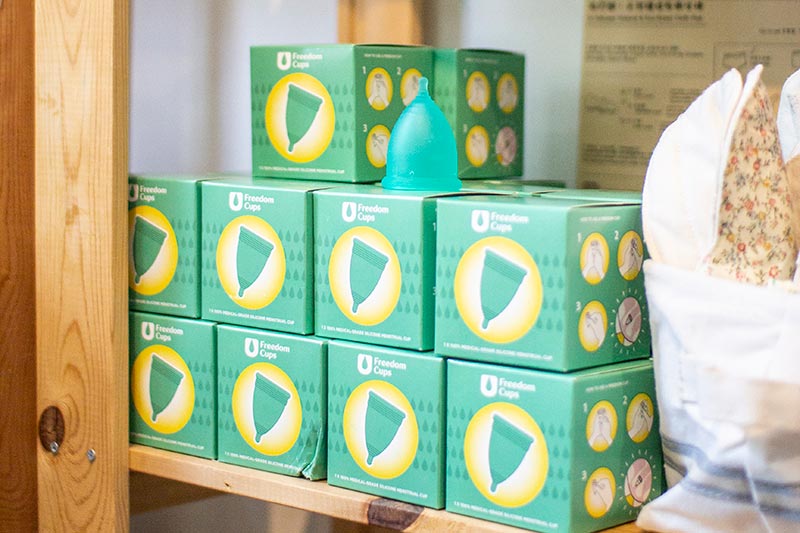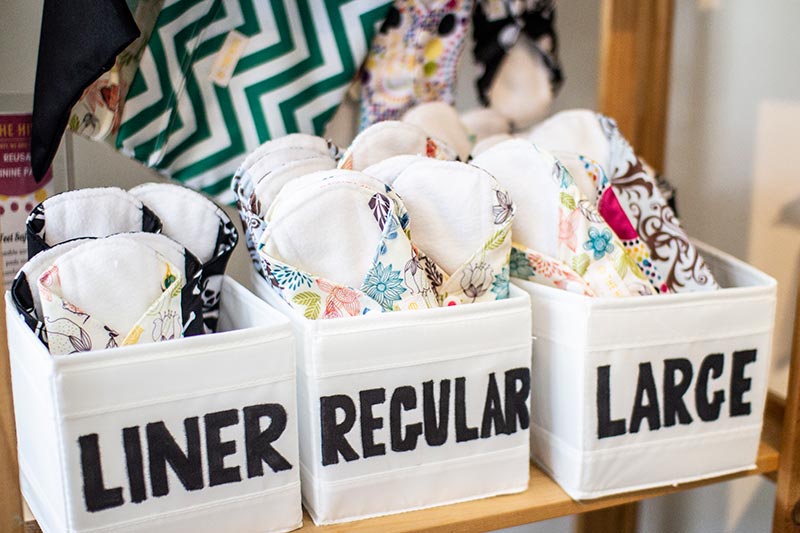Her ultimate goal is to reduce landfill waste and encourage people to adopt the five R’s — refuse, reduce, reuse, recycle and rot.
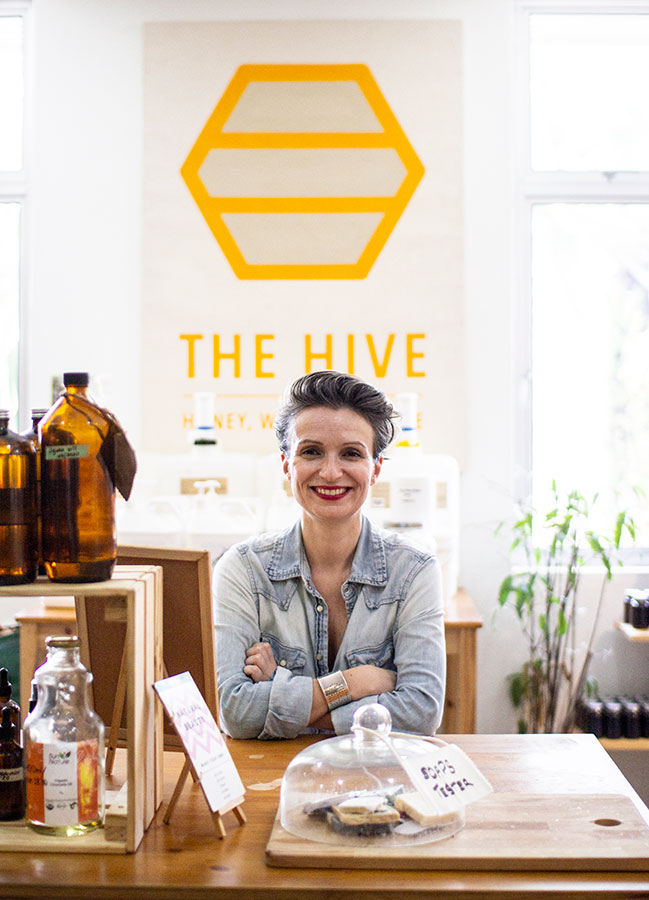
It is a busy day for Claire Sancelot, but she still makes time to chat with us on the sustainable lifestyle she is passionate about. The slender and exuberant woman is the driving force behind the Malaysian bulk organic store, The Hive. Her efforts have since made her one of the most recognised eco-warriors in the country, earning her a well-deserved United Nations award in 2017.
Her fight to make zero-waste lifestyle a lifestyle of choice for all started soon after she moved to Malaysia from Hong Kong three years ago. Her reason to start The Hive was simple: there were no stores that were sustainable and sold goods sans packaging in Kuala Lumpur back then. Today, only a handful are in the market.
“Three years ago there were virtually zero waste stores. I started the store because there was a need for it. I started with simple things, things that I looked for when I went shopping like organic oats and rice,” the feisty Frenchwoman says.
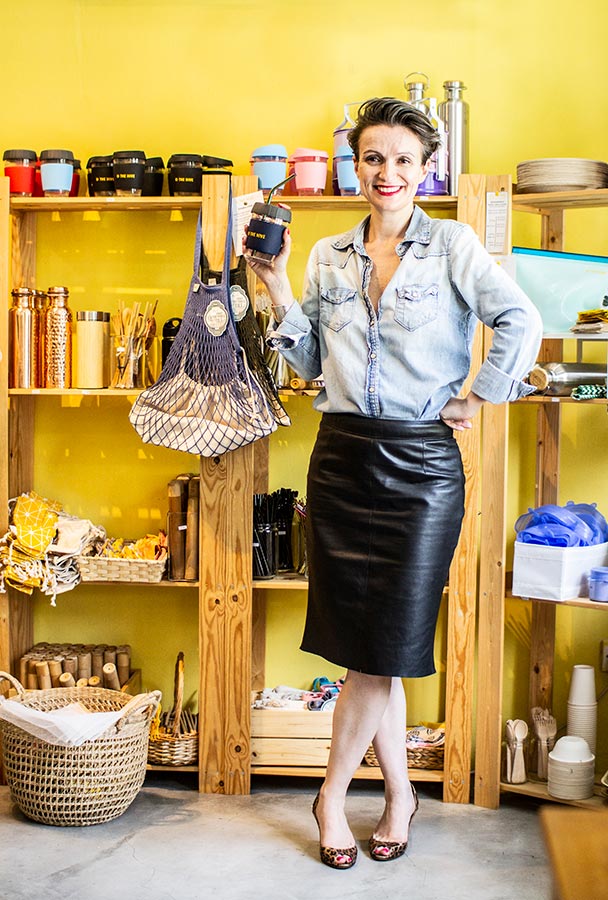
Establishing a new business territory
Carving out a new business territory was not easy, but with a steely resolve, she has made the impossible, possible. She first scouted around for suppliers for basic organic foods, staples that she was buying as a consumer, like organic oats, rice, pasta and noodles.
“I started by contacting people who supplied organic food to the supermarkets,” she recalls. “It was actually simple. You look behind the package and see if it is packed in Kuala Lumpur. That is how I found two suppliers for the start.”
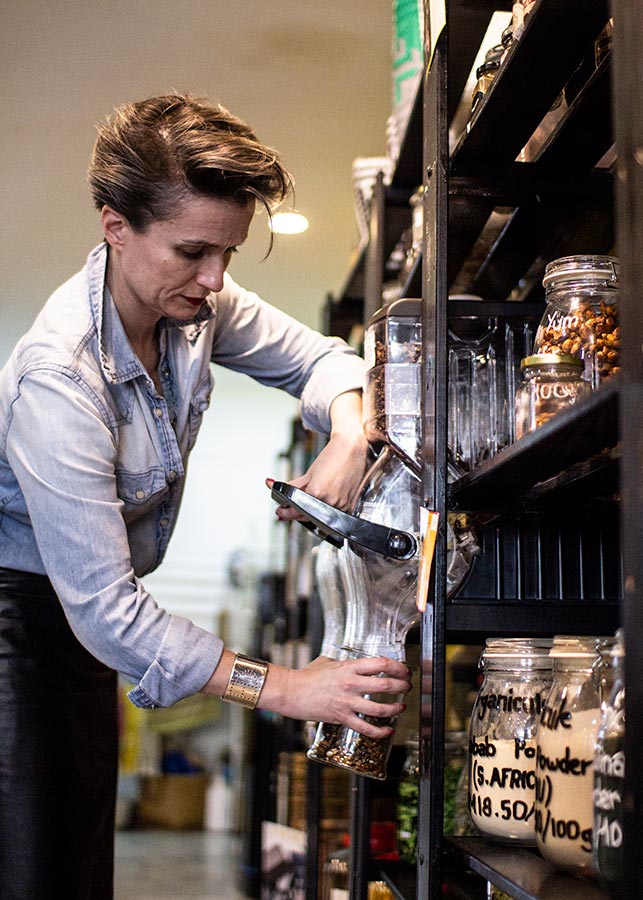 Contacting them may have been easy, but convincing them to supply their goods to her was a whole different story. The suppliers simply did not understand where she was coming from, and her concept of a zero-waste store. There were also concerns about how the goods would be stored and sold.
Contacting them may have been easy, but convincing them to supply their goods to her was a whole different story. The suppliers simply did not understand where she was coming from, and her concept of a zero-waste store. There were also concerns about how the goods would be stored and sold.
“The suppliers reacted badly. They didn’t understand where I was coming from. They were like no,” she laughs. “The conversation went back and forth for a few months despite me guaranteeing that I would pay them a certain amount every month. It was difficult because I was a new client, I had no business history.”
Eventually, the suppliers did give Claire a chance and have since been with The Hive from the time she started.
When The Hive was first established, there were about 50 products sold. Now there are about 600. Walk into the establishment in Bangsar or Ampang, and you will find countless sustainable items, from cleaning to personal care products.
(swipe left for more)
Jars by jars are displayed neatly on wooden racks, some of which contain an assortment of flour, grains, powders, spices, nuts and dried fruits. The 42-year-old business maverick has designed her store to be sustainable but still casual, chic and fun.
Adapting to a zero-waste lifestyle
The ultimate goal through her store and social media presence is to reduce landfill waste and encourage people to adopt the five R’s — refuse, reduce, reuse, recycle and rot. Claire asserts that adapting to a zero waste lifestyle is not daunting and is relatively simple.
“It is a cheaper and an easy lifestyle to adopt, really! If you want to buy coffee on the go, don’t buy it with a disposable cup. I am sure you have a tumbler at home, just dust it off and take it out!” she exemplifies.
She reminds us that it is the simple things that matter and makes a difference. She advises to take it easy and start with take-out food.
“Every Malaysian family will have free plastic containers that are reusable. I am sure it is washed, clean and ready to be taken out,” she asserts.” This lifestyle is for the non-lazy. We all get food on the go in Malaysia because food is everywhere. Just bring your own container.”
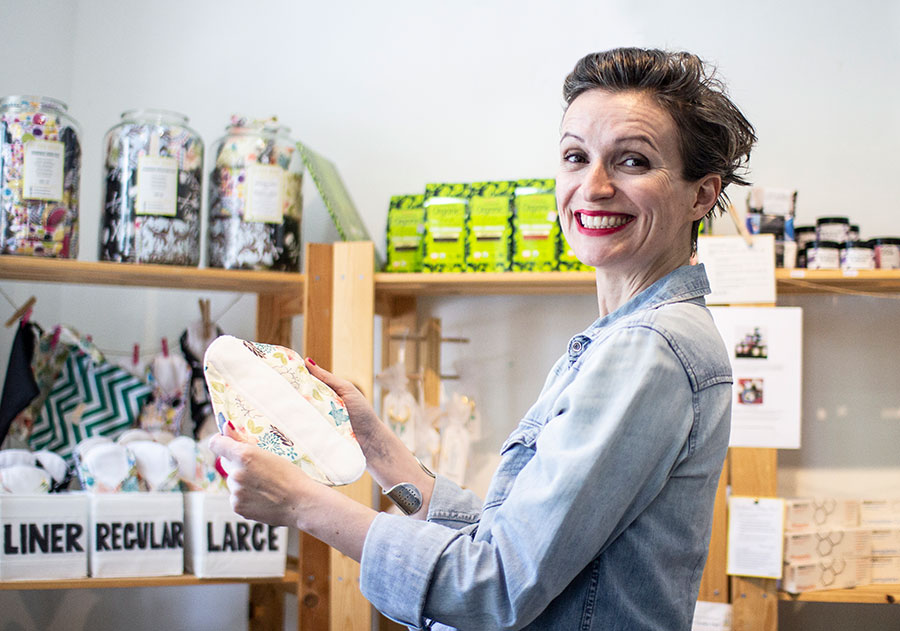
She also reminds to give washable diapers, sanitary pads and menstrual cups a go. These products are not just more eco-friendly, they are also economical as they can last 10-15 years.
“Right now, my baby project is my washable sanitary pads and menstrual cups. With them, you get to reduce a substantial amount of monthly waste. We also sell yoga shorts at The Hive which are made from recycled plastic bottles. They are amazingly comfortable as well.”
She adds that when on shopping trips, to bring your own containers and shopping bags to put in all your meat and vegetables. Claire says that her family has been doing this since 2010 and her kids are very much aware of the damage that excessive waste costs Mother Earth.
“When they see plastic they tend to get upset. They think of the ocean and the damage that is left behind,” she shares. “When we eat out, they will say no to straws. We are a normal family who just tries to live trash-free.”
We agree with Claire, adapting to the zero waste lifestyle is not as daunting as it may seem in the beginning. It is simply to reduce the amount of waste that we throw out by avoiding single-use items and replacing them with reusable things.
Photos: Gan Yew Chin




